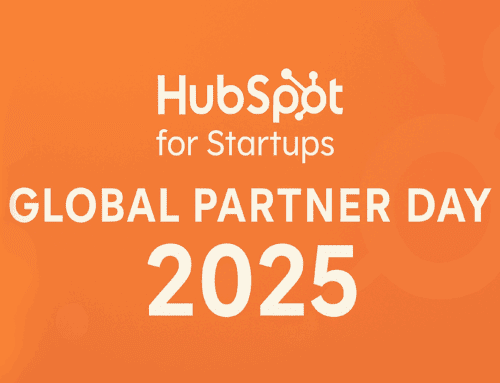Automate Your Workflow: Sending Gmail Notifications after BigQuery Jobs Complete
Introduction to Automation and Its Benefits
Automation is no longer a luxury but a necessity in today’s fast-paced digital world. By automating repetitive tasks, you can free up time for more important activities.
Automating workflows, especially in data management, not only improves efficiency but also minimizes human errors and enhances productivity significantly.
Understanding BigQuery and Its Role in Data Management
BigQuery is Google Cloud’s fully managed, serverless data warehouse that allows super-fast SQL queries using the processing power of Google’s infrastructure. It’s ideal for analyzing mega datasets quickly.
By leveraging BigQuery, organizations can manage large volumes of data, gaining insights and decision-making capabilities that push them ahead competitively.
The Importance of Timely Notifications
Imagine you’re waiting for crucial data analysis results. Keeping watch every minute is impractical and stressful. That’s where timely notifications come into play.
Notifications about BigQuery job completions help teams stay updated without manually checking job statuses, ensuring continuous workflow and prompt actions.
Overview of Make.com Templates for Automation
Make.com offers a library of templates for automating various processes, including sending notifications with Gmail. These templates are tailor-made for different scenarios, saving you the hassle of creating workflows from scratch.
Utilizing these templates ensures that you have a reliable framework for automation without needing extensive technical know-how.
Setting Up Your Automation: Step-by-Step Guide
First, you’ll need to access the Make.com portal and log into your account. Once there, navigate to the template library and select the template for sending Gmail emails after BigQuery job completions.
Follow the instructions to customize the template to fit your specific needs. Input the necessary credentials like your Gmail and BigQuery accounts to ensure seamless integration.
Customizing Your Gmail Notification Template
Personalizing the email content is important to ensure recipients understand the context. Add relevant details like job names, completion status, and any additional insights gained.
Additionally, setting conditions on what triggers an email can refine your workflow, ensuring only critical notices are sent.
Troubleshooting Common Issues
While setting up, you might run into issues such as authentication errors or incorrect data paths. Ensure all settings, especially permissions, are correctly configured.
Make.com provides comprehensive support resources. Their FAQ section and community forums are great places to find solutions to common problems.
Conclusion: Embrace Efficiency and Stay Ahead
Incorporating automated notifications for BigQuery jobs via Gmail not only streamlines your workflow but also gives you a competitive edge through timely updates.
Leverage tools like Make.com to enhance your operational strategies, freeing up valuable time and resources for innovation and growth.
Frequently Asked Questions (FAQs)
What is Make.com?
Make.com is a powerful tool that allows users to automate repetitive tasks by creating custom workflows between apps without needing to write any code.
Do I need coding skills to use these templates?
No, you do not need any coding skills to use Make.com’s templates. They are designed to be user-friendly and straightforward, suitable for anyone.
Is integrating Gmail with BigQuery secure?
Yes, the integration follows strict security protocols to ensure data privacy and protect against unauthorized access.
Can I modify the templates to fit my specific needs?
Absolutely! You can customize the templates to suit your particular requirements, adjusting parameters like email content and triggers.
How soon will I receive notifications once a BigQuery job is done?
Notifications are typically sent immediately after the completion of a BigQuery job, ensuring you stay updated without delay.











